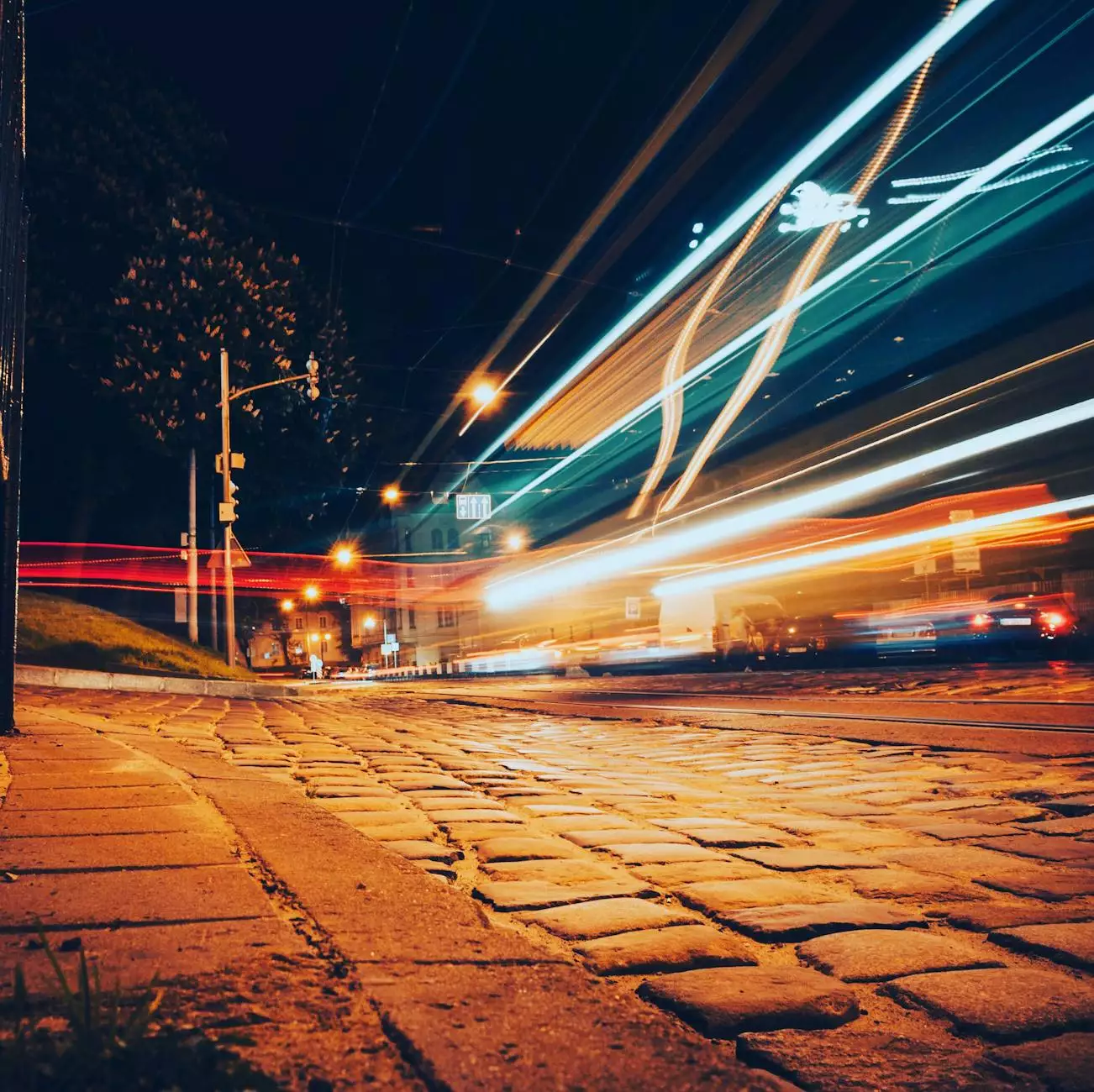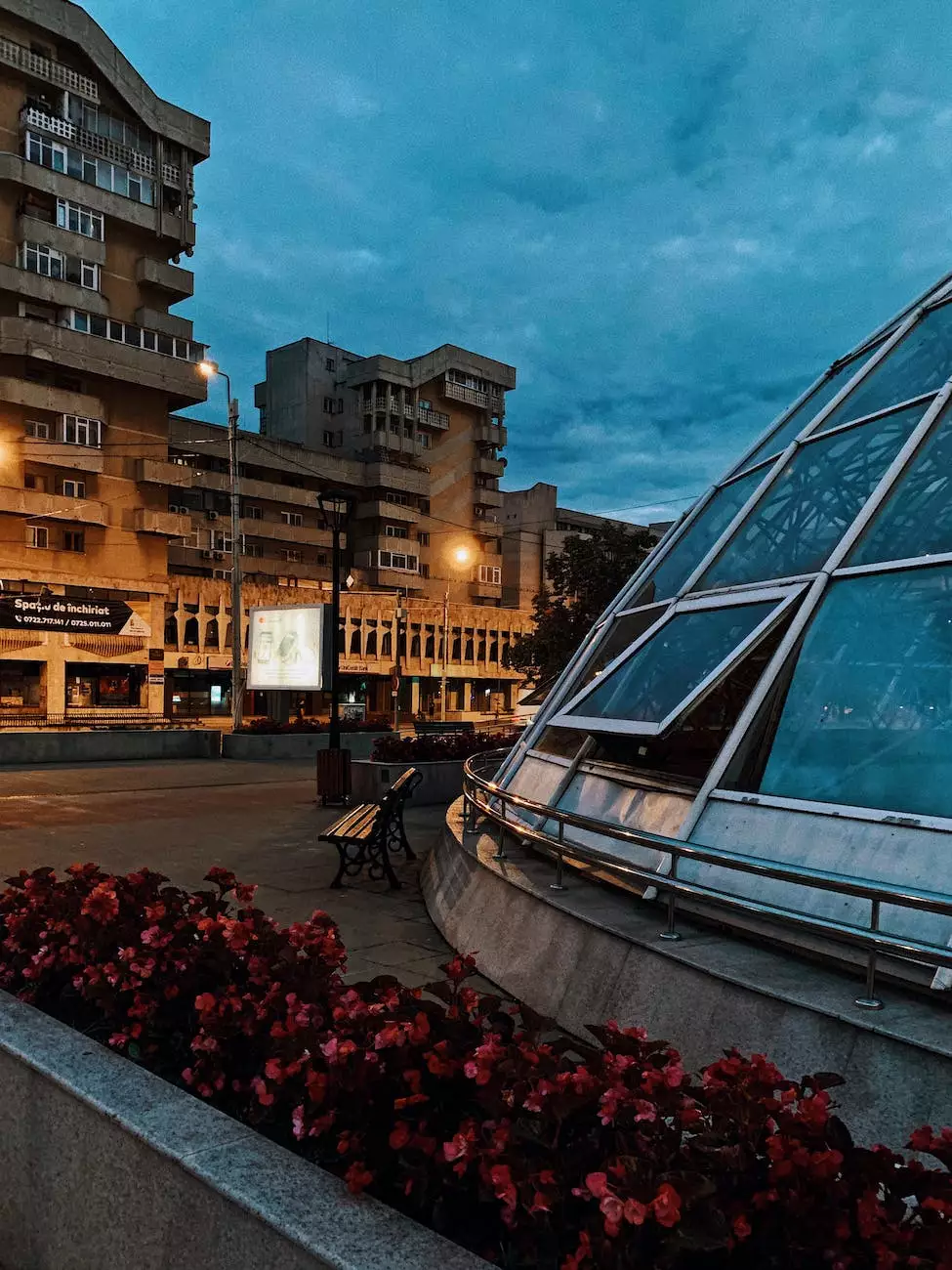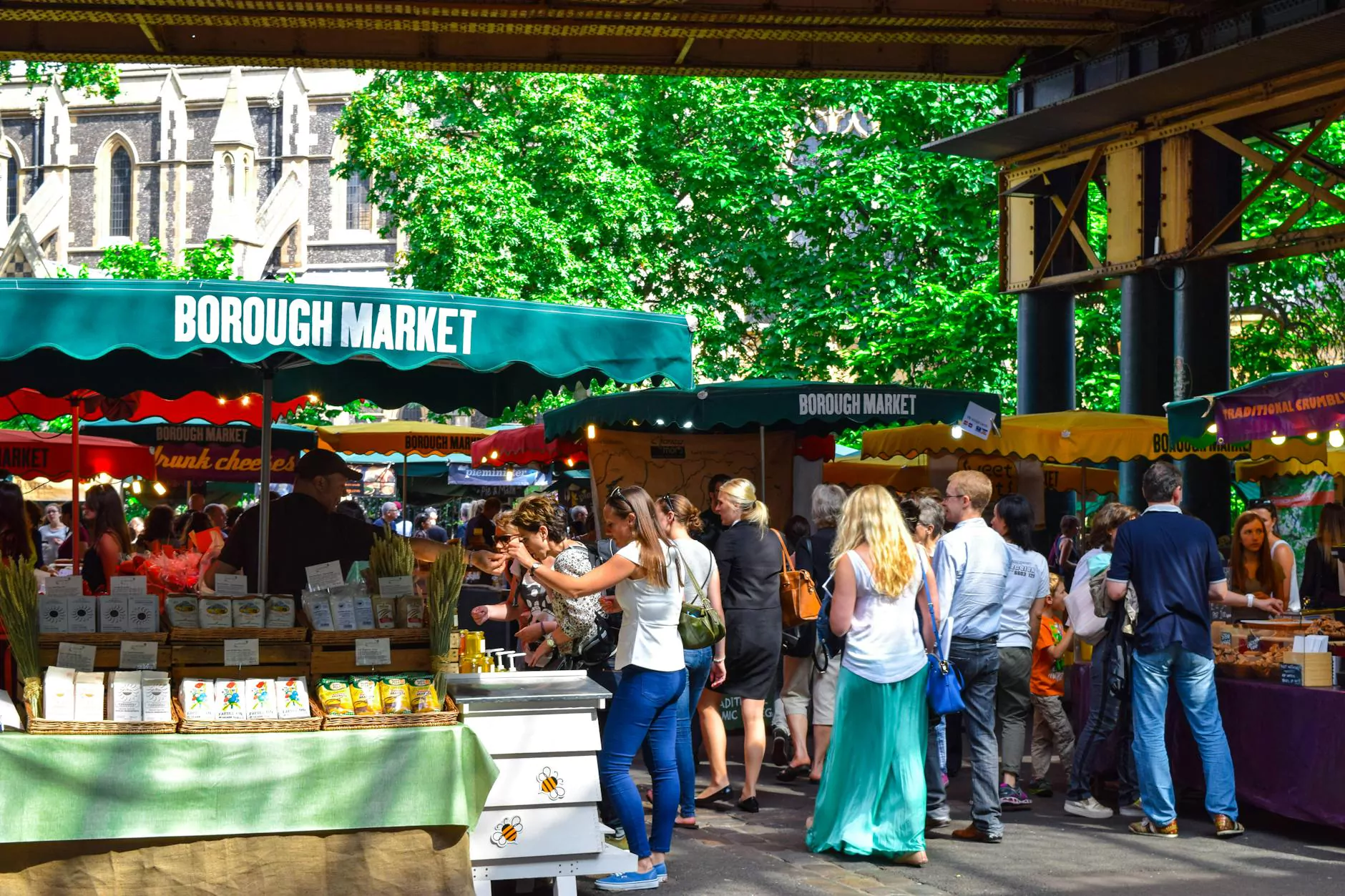The Urban Effects of Modern Olympic Games
Projects
Introduction
The modern Olympic Games, since their revival in 1896, have not only been a celebration of sportsmanship and global unity but have also left a lasting impact on the cities that have hosted them. This article explores the urban effects of modern Olympic Games and the role of architecture in shaping these cities.
Urban Transformation and Infrastructure
Hosting the Olympic Games provides a unique opportunity for cities to undergo significant urban transformations. The need to accommodate athletes, spectators, and media from around the world often drives the creation of new infrastructure such as stadiums, arenas, transportation systems, and accommodation facilities. These construction projects not only improve the city's capabilities to host the Games but also leave a lasting legacy for the residents long after the event has ended.
Architecture and Urban Planning
Architecture plays a crucial role in the urban planning process for hosting the Olympic Games. Architects are responsible for designing the iconic stadiums, arenas, and Olympic villages that define the event. These structures often become landmarks and cultural symbols of the host city, attracting tourists and fostering the local sense of pride.
Sustainability and Eco-Friendly Designs
With the growing emphasis on sustainability and minimizing environmental impact, modern Olympic Games are increasingly incorporating eco-friendly designs in their architectural and urban planning strategies. From utilizing renewable energy sources to implementing green building practices, sustainable designs not only reduce the carbon footprint but also inspire future developments in the host city.
Social and Economic Impacts
Hosting the Olympic Games brings a multitude of social and economic benefits to the host city. The influx of visitors stimulates the local economy, supporting various industries such as tourism, hospitality, and retail. Additionally, the exposure gained during the Games can attract investments, spur real estate development, and create employment opportunities.
Legacy of Regeneration
Many cities use the opportunity of hosting the Olympic Games to regenerate and revitalize underdeveloped or neglected areas. Former industrial sites or run-down neighborhoods are transformed into vibrant districts, leaving a lasting legacy of improved living conditions for the local community.
Cultural Exchange and Community Engagement
The Olympic Games facilitate cultural exchange as people from different nations come together to celebrate the event. Host cities often organize cultural festivals, exhibitions, and performances that showcase their unique heritage and traditions. These events foster community engagement and leave an indelible mark on the social fabric of the city.
Conclusion
The urban effects of modern Olympic Games go beyond the temporary excitement of the event. The legacy left by these Games in terms of infrastructure, architecture, and social and economic development can shape the future of a city for years to come. McKenna John J Architect, a prominent leader in heavy industry and engineering - architecture, understands the vital role of architecture in these urban transformations. With their expertise in designing sustainable and iconic structures, they continue to contribute to the urban effects of modern Olympic Games and shape cities for a brighter future.




